This month, we’re talking about the impact a company’s culture has on its brand. If you haven’t read the first two blogs in this three-part series, check out “Your Company’s Culture Can Make or Break Your Brand” — the story of how the Wall Street big bank culture helped make a mess of America – and “Culture Is Your Brand beyond Words” – which examines the role of brand and culture plays is a company’s brand. For our final entry on the topic, we have a very different story about a very different kind of bank.
Greg Massey is the CEO of First United Bank, headquartered on Main Street in Durant, Oklahoma. The address alone is sufficient for identifying theirs as a subcategory of the larger banking industry. First United Bank is not a large national bank, and Massey is no Wall Street banker.
First United is a community bank with branches throughout Oklahoma and Texas, and Massey is a purpose-driven banker. Catch him in full stride on stage at his annual stakeholder meeting and you’ll hear more about leading with love and creating meaningful impact than you will about interest rates or investments. That’s because his leadership is driven by a personal purpose founded on faith and fortified by the belief that a bank is uniquely positioned to facilitate far more than financial transactions.







